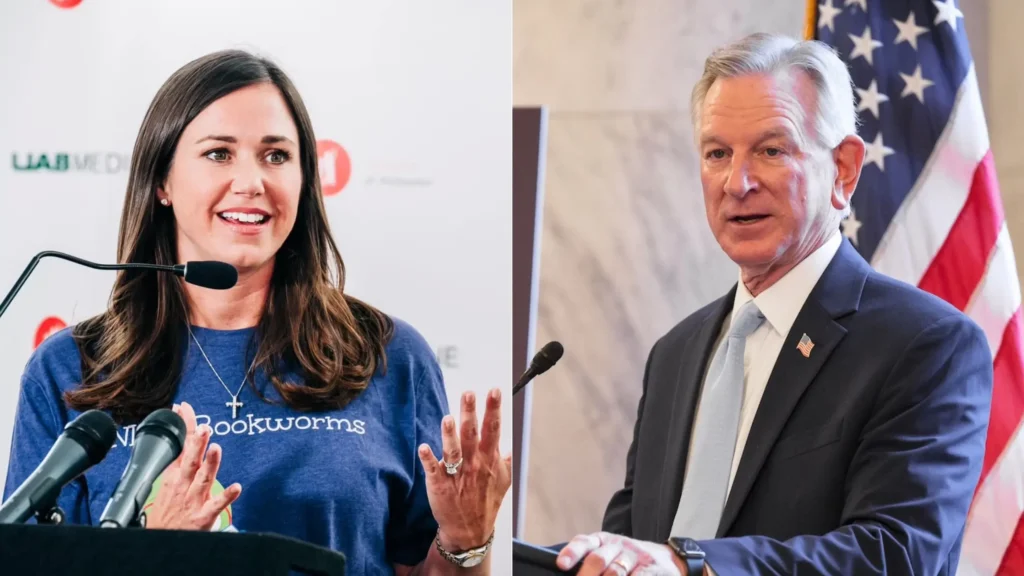Senate Approves $9 Billion Rescue Package Amid Controversy
The Senate voted early Thursday to pass a $9 billion rescue package, with a tight 51-48 margin that largely reflected party lines. Only two Republican senators—Lisa Murkowski from Alaska and Susan Collins from Maine—voted against it. Other Republican senators, including Alabama’s Tommy Tuberville and Katie Britt, supported the spending cuts.
A significant portion of the package focuses on reducing U.S. foreign aid. Among the cuts, $400 million was slated for Pepfar—an initiative aimed at combating HIV/AIDS and launched by President George W. Bush. After some contention within the Republican Party, this specific cut has been removed, but nearly $8 billion will still impact foreign aid programs.
Before voting took place, Senator Adam Schiff of California put forth an amendment to protect funding for anti-disease programs, but it didn’t pass. Similarly, Senator Jon Ossoff of Georgia attempted to amend the bill to safeguard funding for UNICEF.
UNICEF, established post-World War II to advocate for children’s rights, provides essential services including education, vaccines, and clean water in areas affected by conflict or poverty. If the bill becomes law, it would cut about $142 million from U.S. contributions to UNICEF, impacting various initiatives, including ones aimed at combating female genital mutilation.
UNICEF’s Executive Director, Katherine Russell, reached out to a senator earlier this week to express concerns over these potential cuts.
In conflict-ridden Sudan, UNICEF is currently aiding thousands of children suffering from severe malnutrition and providing vaccinations. They also assist many children facing acute malnutrition in other areas like Yemen.
Senators Tuberville and Britt, along with 49 of their Republican colleagues, voted against Ossoff’s amendment to secure UNICEF funding.
Tuberville issued a statement arguing that it’s not the responsibility of American taxpayers to fund global initiatives. He expressed a belief that organizations like UNICEF have mismanaged taxpayer dollars and should focus more on domestic issues rather than international efforts.
This statement echoes a broader sentiment that surfaced when Uganda enacted an anti-homosexuality law earlier this year. While some organizations aim to promote LGBTQ rights in Uganda, UNICEF does not seem to be part of this advocacy according to their recent reports.
UNICEF’s focus in Uganda remains on ensuring that “every child can survive and thrive,” directing funds to crucial programs, like providing nutrition for malnourished children.
Despite questioning from various outlets, Britt defended her vote, expressing pride in her support for President Trump’s efforts to eliminate wasteful expenditures. She cited concerns over funding directed toward socially progressive initiatives as misaligned with her constituents’ interests.
On a related note, Tuberville is also advocating for eliminating federal funding for public broadcasting, claiming it often exhibits a partisan bias. He referenced a recent advertisement by a Kansas PBS affiliate that encouraged viewers to petition against funding cuts.
A recent poll shows that a majority of Americans still support public radio funding, reflecting a divergence in public opinion compared to some Senate votes.
The rescue package now returns to the House for further consideration, with anticipation surrounding President Trump’s expected approval.







